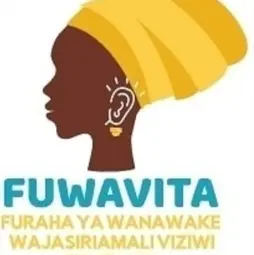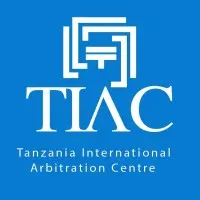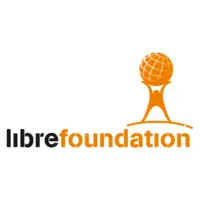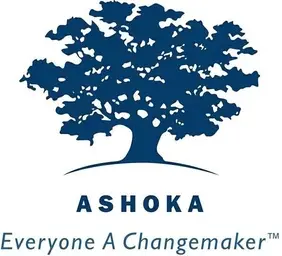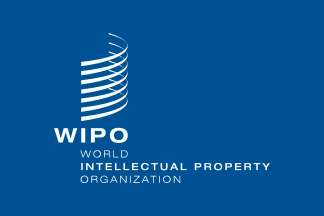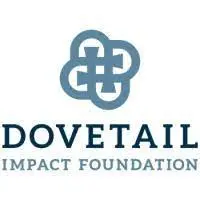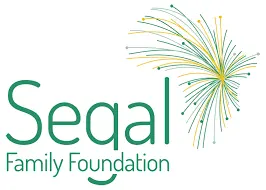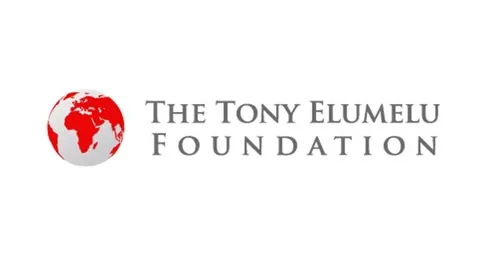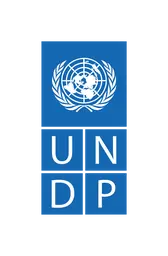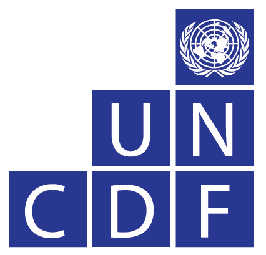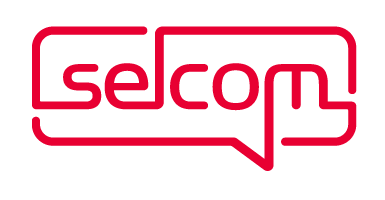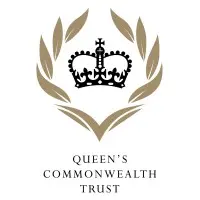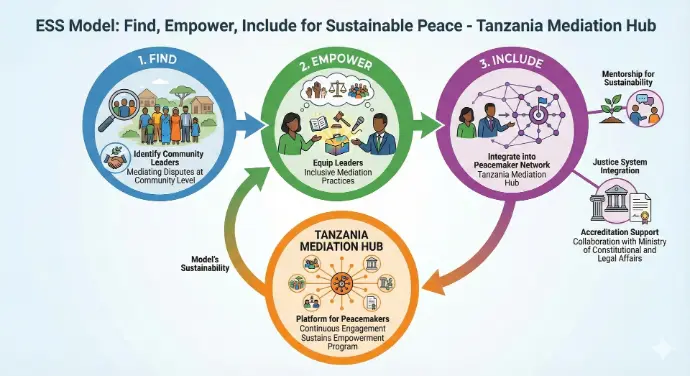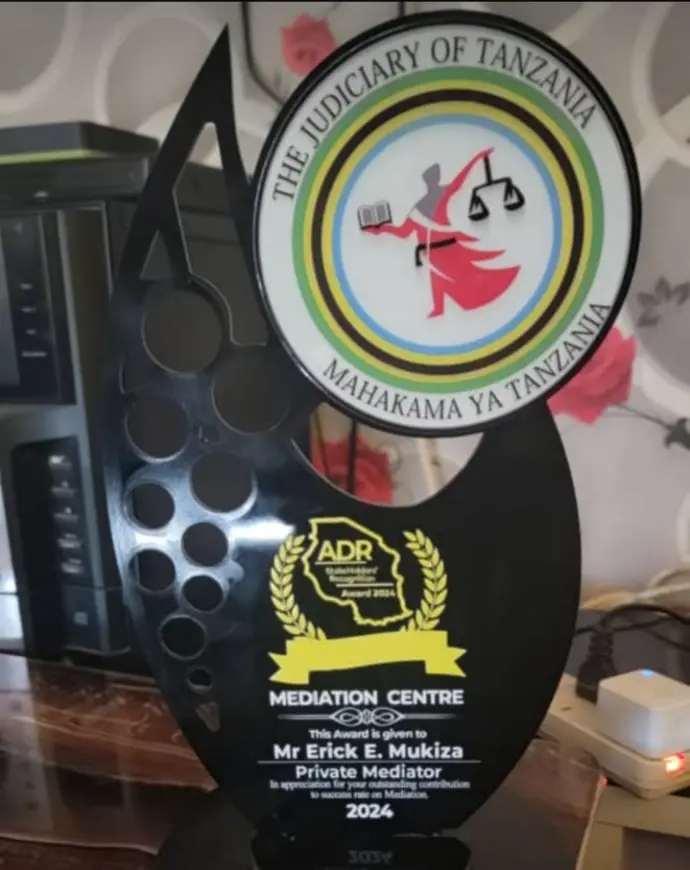
Procedural exclusion of underserved communities in accessing affordable and timely justice arises from the current design of court-annexed mediation (system design issue). Although mediation is intended to provide quick and low-cost dispute resolution, it is only available after all pleadings (legal filing documents) have been completed. This forces disputants to pay court fees, hire lawyers, and endure long delays before they can even attempt mediation. Then, after a successful mediation, disputants must go back to a court of law for execution of that mediation settlement, where the legal process is the same as for litigants in terms of time and costs for legal fees. For many poor and rural citizens, the cost is higher than the value of the dispute. As a result, it increases inequality, whereby only people who have money and legal knowledge can easily access justice, disputes remain unresolved, court backlogs increase, and communities face broken relationships, psychological trauma, emotional stress, and deepened poverty. Over time, these issues erode trust in the justice system and damage the social welfare of the people.
Read More

Our Commitment
As peacemakers, we are committed to making inclusive and accessible mediation a standard practice in the justice system in and outside Tanzania, contributing to rebuilding public trust in the justice system through fair, efficient, transparent, and accessible processes for all.
"Blessed are the peacemakers: for they shall be called the children of God"
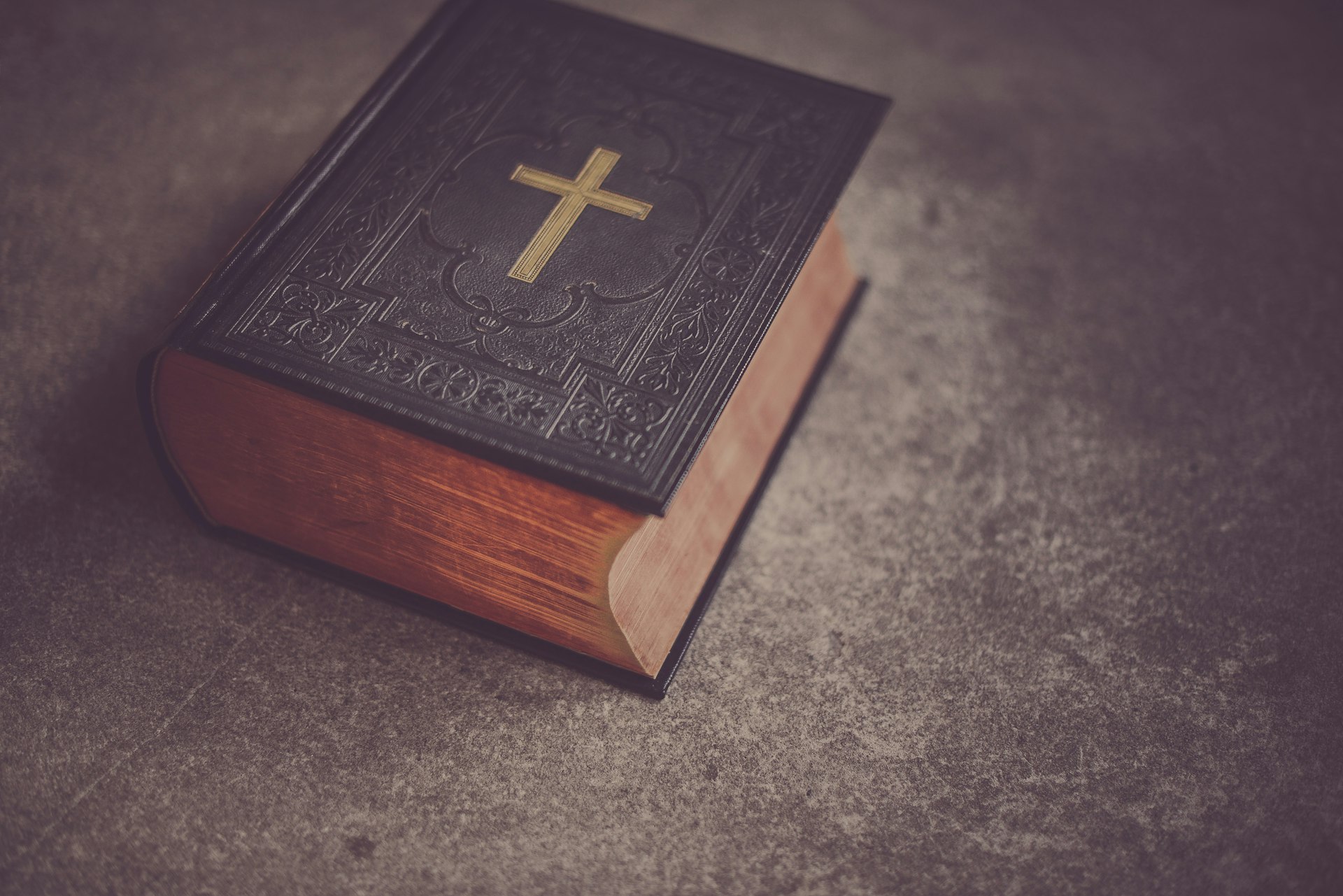
"If two parties among the believers fall into a quarrel, make ye peace between them... with justice, and be fair; for Allah loves those who are fair and just."
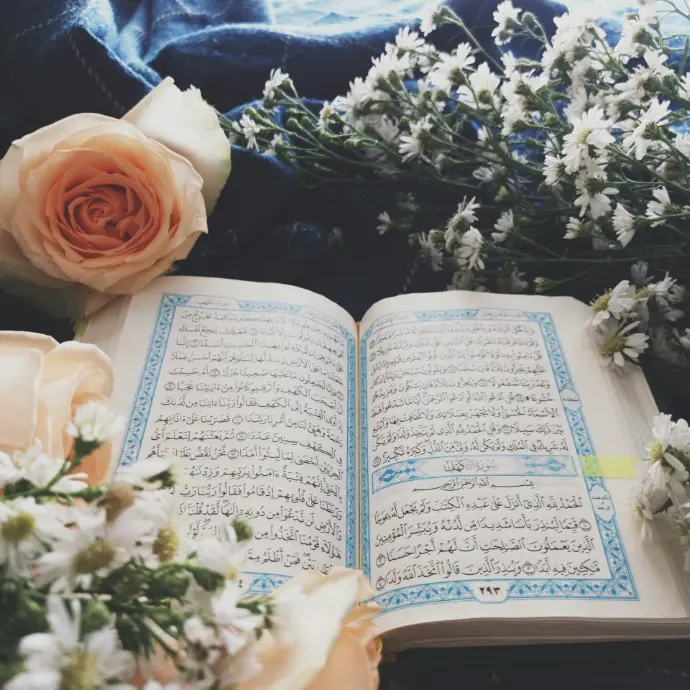
"...in delivering decisions in matters of civil and criminal matters in accordance with the laws , the court shal observe the following principles, that is to say - to promote and enhance dispute resolution among persons involved in disputes."
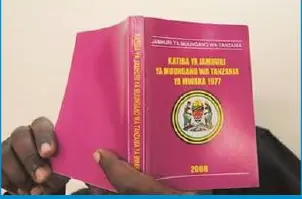

What We Do
We find and empower community leaders (peacemakers) to adopt inclusive and accessible mediation, which includes communication, procedural, and physical accessibility.
Our Model
We find and empower community leaders to adopt inclusive mediation practices, creating an accessible environment with reasonable accommodations like speech-to-text, text-to-speech, captioning, and sign language interpretation for effective dispute resolution.
See How We Do It1 M+
disputes are peacefully resolved through inclusive mediation by the peacemaker community.
70%
reduction in legal costs compared to litigation
40+
peacemakers actively involved in educating people about inclusive mediation
1 month
is all it takes for mediation to resolve disputes, compared to a minimum of 12 months for court litigation.
Our valued partners & collaborators
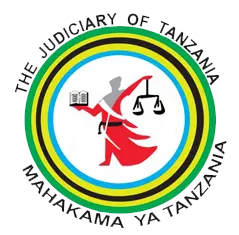
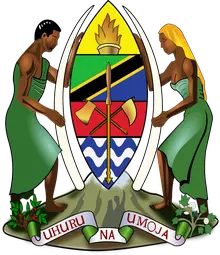 Ministry of Constitutional and Legal Affairs
Ministry of Constitutional and Legal Affairs

